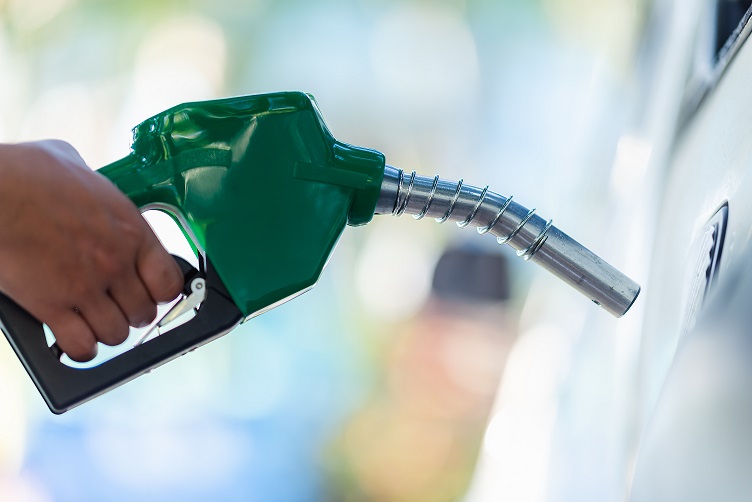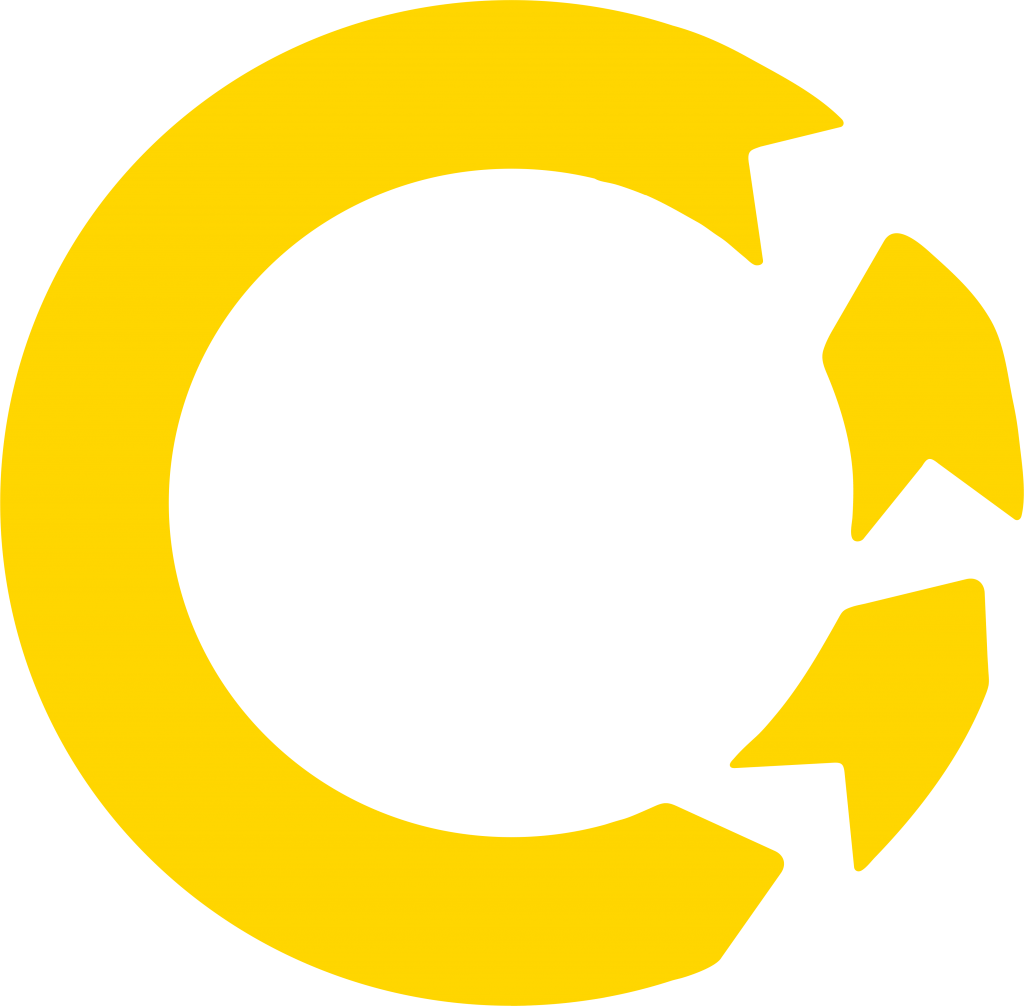With the current fuel crises seeing petrol and diesel costs skyrocket across the UK, we completely understand just how much pressure our customers are under to both meet consumer demand, and manage their costs at the same time.
Egertons are one of the UK’s leading vehicle rescue and recovery operators, with services stretching from breakdown recovery to specialist assistance, available 24/7/365 service across the country. We pride ourselves on always being there for our customers no matter what, but to us, being there means a lot more than simply recovering their vehicles, it means being there for them too.
Just like our customers, we operate a large fleet of vehicles, all of which need regularly topping up with fuel, so we completely understand just how much of an impact the current fuel prices can have on a business. Keeping any unnecessary costs low is a priority right now, and we appreciate that when times are tough, the last thing our customers want to deal with is a vehicle breakdown.
However, as we know, commercial fleets are here, there and everywhere, and the more general wear and tear a vehicle experiences, the more likely they are to experience a breakdown or accident at some point in their lifecycle Let’s look at why this is.
The amount of commercial vehicle miles driven
2020 onwards has been dubbed “the decade of the van” in the commercial fleet industry, after the Department for Transport (DfT) highlights that commercial vehicles account for 11.4% of the total number of vehicles on UK roads and drivers clocked up a total of 66.9 billion vehicle miles (bvm) in light commercial and heavy goods vehicles journeys throughout 2020.
In fact, for us ourselves speaking of our own commercial fleet, our vehicles typically travel over 5,000,000 per year, spread across our 300 strong vehicle rescue fleet!
Number of jobs attended
According to the latest DfT, a direct impact of COVID-19 was that traffic on UK motorways decreased by 25.3% compared to 2019 and in turn, this resulted in a 5.7% drop in HGV traffic. But, what’s interesting is that the accident severity rate involving HGVs actually rose by 2%, indicating that even with less physical traffic on the road, accidents were still very much a concern.
For us, this meant we were all systems go, and we’re proud to say that on average we complete over 100,000 jobs per year. After all, when our customers need us, nothing is going to stop us getting to them.
Different rescue and recovery types
Most of the jobs we attend take place in urban areas, and we find that motorway jobs are less frequent. Though with any commercial recovery, if even a vehicle is slightly mobile, it would still need to be carefully limped off using the correct equipment.
That’s why our triage service is so important – it determines exactly what the problem is, the exact vehicle type and any load involved too, all so our team can allocate the exact right recovery vehicles and equipment to the scene first time, every time.
For example, light commercial vehicles (LCVs) require different equipment to help get them back up and running, including a mix of Super Low Demountable transporters or rear spectacle lifts. Whereas HGVs could need a mix of low-loader trailers and ancillary tools to aid recovery.
In other words, for all the different vehicle types on the roads, there are even more recovery tools which are needed. Having these assets accessible means that our rescue operators are able to confidently say they can recover any possible vehicle – from motorbikes to large mobile cranes. But it also means we can get to our customers no matter where they are too.
The need for nationwide coverage to reach isolated locations
Our first point of call will always be to attempt a repair at the scene, in fact 76% of commercial vehicle breakdowns we attend do actually happen at the roadside. However, sometimes the level of damage, complexity of the issue or location of the vehicle can make this a struggle.
During the summer season for example, we often see more recoveries needed in UK holiday spots like Cumbria. Whilst they’re great for local staycations, it’s common for breakdowns to happen due to the long journeys or windy roads. Accidents can sometimes spike too, simply through congestion and everyone heading for some sun all at the same time.
Our top tip? Plan your route well in advance. Know your stop-offs and account for some extra time in traffic. An accident can happen to anyone, but it’s always best to prepare as much as possible.
Times are tough, we feel it too
We operate a hefty-sized recovery fleet of 300 vehicles, and as you can imagine, they need a lot of fuel.
The current fuel cost crisis is hitting every driver across the country right now, leaving some unable to fill their tanks and businesses struggling to meet demand. Unfortunately, there’s little we can do to impact these prices from the offset, but there is something we’ve been doing ourselves to help make the most out of our fuel.
We’ve been using our telematics solution more than ever; it allows us to monitor excessive fuel usage and waste, by looking at behaviours such as harsh acceleration and vehicle idle times. We can even pull reports on just which vehicles are wasting the most fuel, meaning we can hone in on those exact vehicles, make a conscious effort to reduce that acceleration and idling, and then re-run a new report to see the difference.
Telematics really has helped to make our fuel go further, and all that fuel use data adds an extra layer of detail to our customer service.
Because no matter what, our customers come first
At Egertons, our 55-year heritage has led us to be one of the UK’s leading vehicle rescue and recovery operators, offering a 24/7/365 service across the country from breakdown recovery to specialist assistance, with our customers rating us a 98% satisfaction score.
For us, it’s so important for us to be able to invest back into our service, allowing us to grow our fleet and expert team to offer the best service from the moment you first get in touch with us.
This is done via our sophisticated triage process, allowing us to deploy the exact right vehicles to a scene first time. It’s further supported by our 24-hour control room, and having invested in industry leading software, this means we can seamlessly track the progress of all our vehicles and allocate jobs straight to the recovery technicians.
In other words, you make the call, and we’ll do the rest.
We’re ready when you are.


